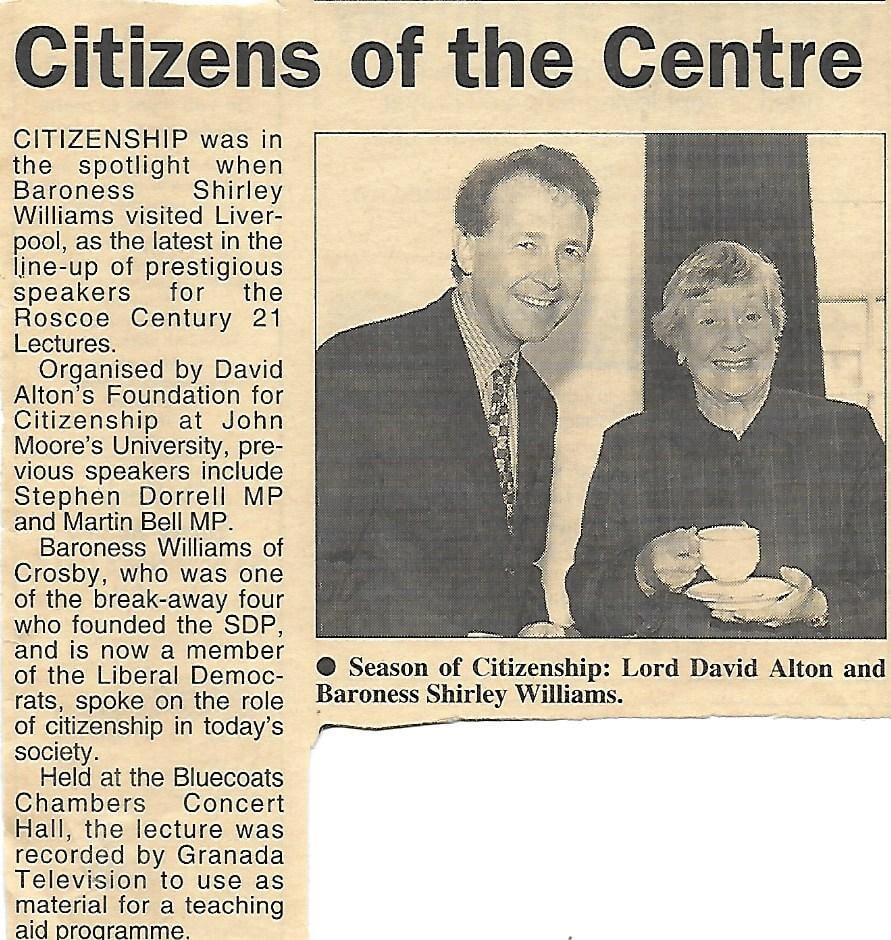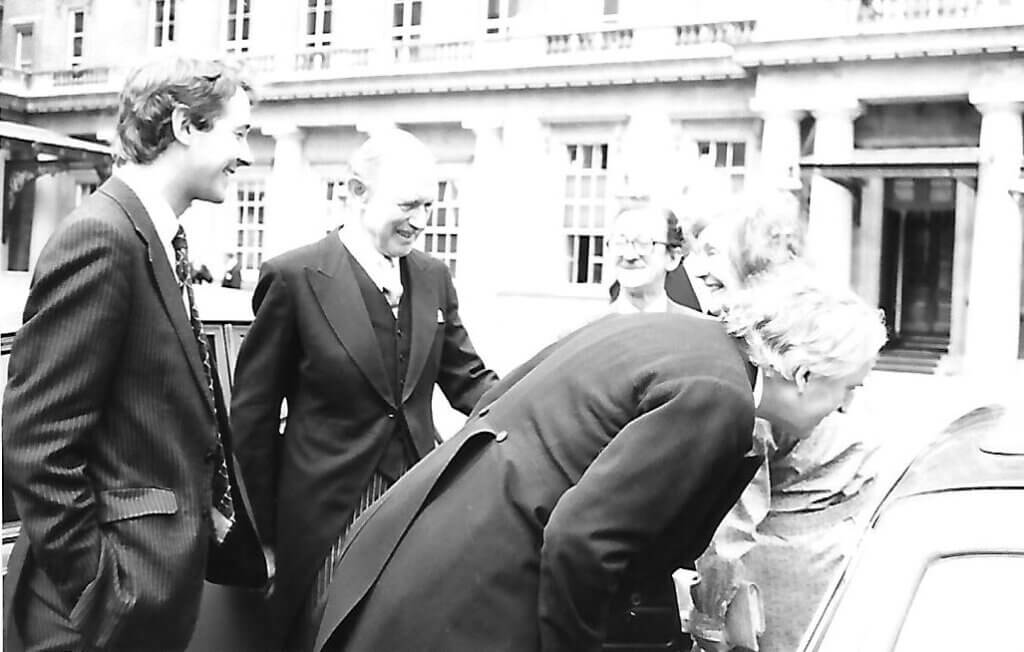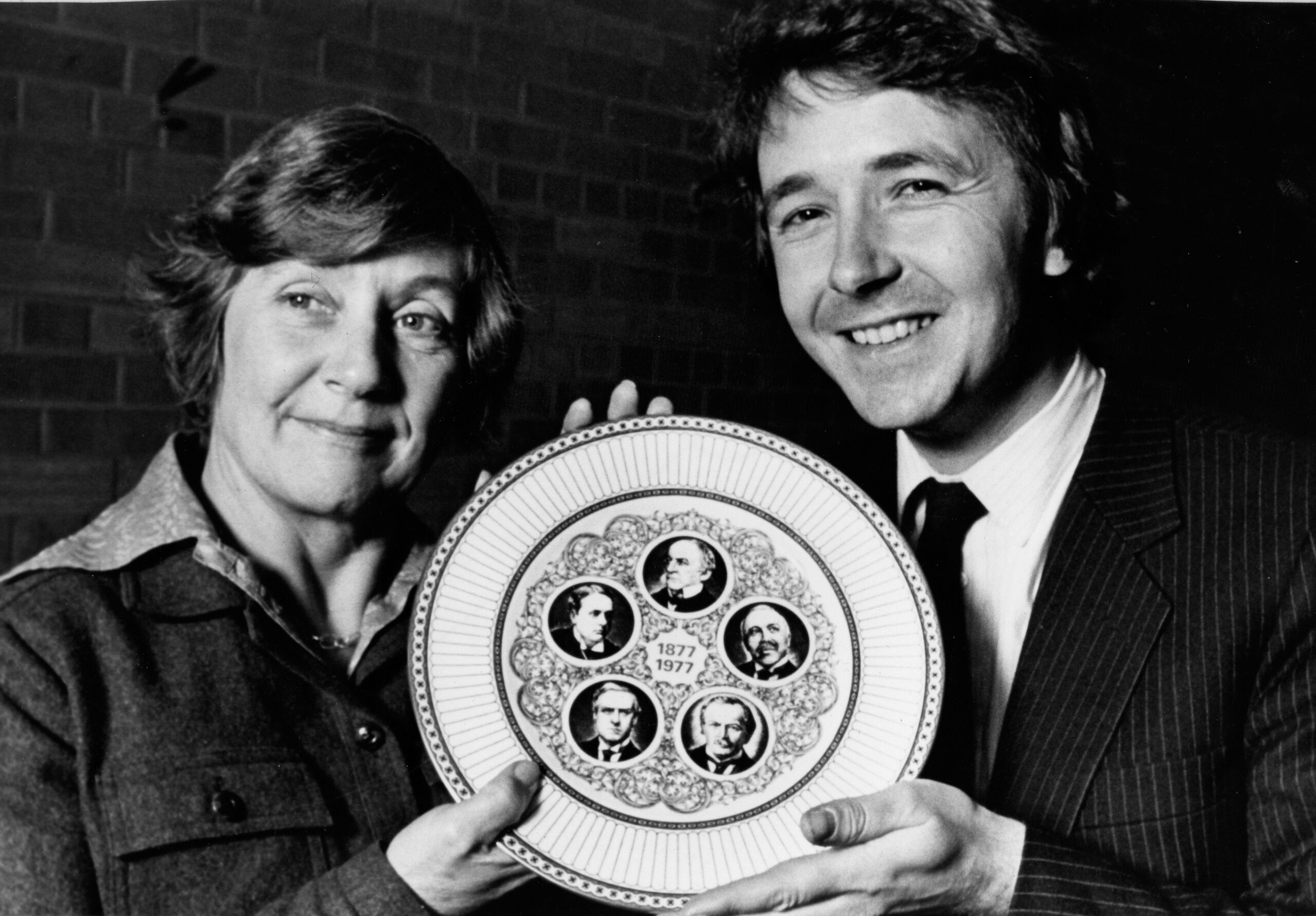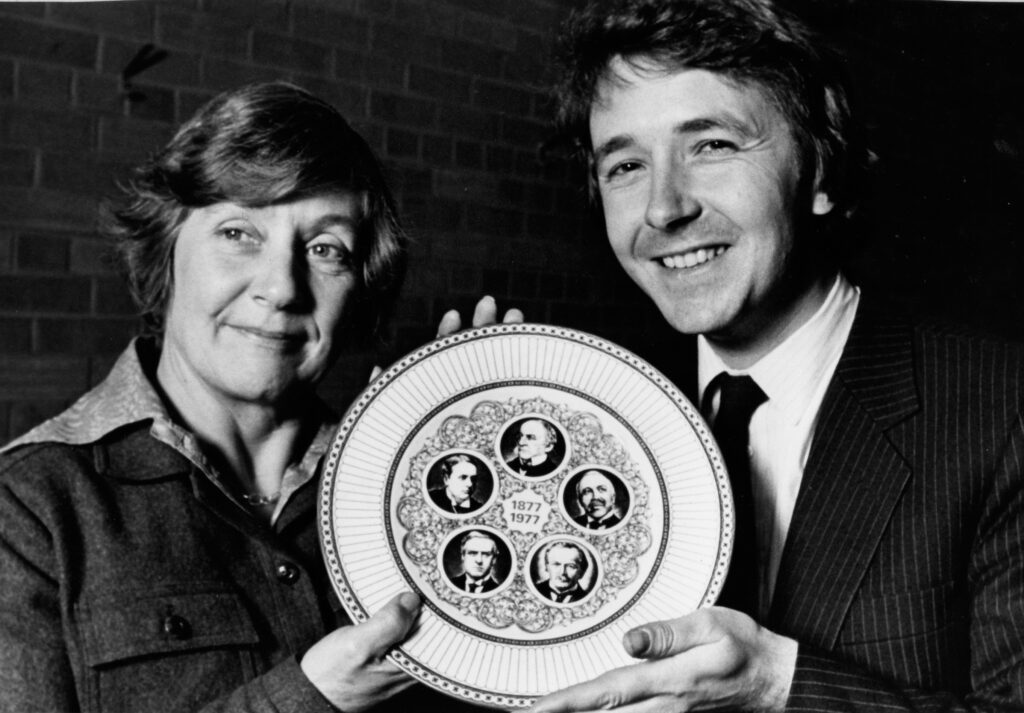
Shirley Williams – Baroness Williams of Crosby 1930-2021: Requiescat in pace
Shirley Williams once gave my, then, teenage daughter, a work experience in her office. I told my daughter that, whatever she decided to do in life, Shirley was one of the women whom she should aspire to be like.
In 1964, Shirley had been elected as Labour MP for Hitchin, in Hertfordshire. In 1979, she lost the seat (then Hertford and Stevenage). It was just four weeks after I entered the House of Commons in the Liverpool Edge Hill by-election.
Two years later, in November 1981, as one of the founders of the Social Democratic Party she contested the Crosby constituency, on the outskirts of Liverpool. The Liberals had formed an Alliance with the SDP and, for the next month, I abandoned Westminster, slogging it out on the streets of Crosby. She achieved a staggering 49.7% of the poll (up from the 15% polled by the Liberal candidate in 1979) and became the first MP elected under the SDP banner. Her passion for social justice, at a time when 3 million people were unemployed, and her repudiation of Labour’s increasingly Statist approach to the economy and society had struck a chord.
My exhilaration at having Shirley as a Merseyside colleague was, however, short lived, as two years later while my votes were being counted in Liverpool I heard that she had lost the seat.
Scouse wags used to say that “in Liverpool they live above the shop and in Crosby they live above their means” – referring to movement of Liverpudlians to the more expensive suburb.
Although she identified with Crosby’s Catholicism (she was a Catholic convert) and understood Crosby’s widespread British- Irish ancestry, she was less at home with the overwhelming home ownership, independent schools, and aspiring middle class values.
Indeed, if she had contested the Warrington by-election (held four months earlier and in which Roy Jenkins stood as SDP candidate) she might have found a better fit. She might also have emerged as leader of the SDP and then outright leader of the Alliance and merged parties.
I served with Shirley Williams on the Commission of Inquiry which was jointly established by the Liberals and SDP entitled “What Future Northern Ireland.”
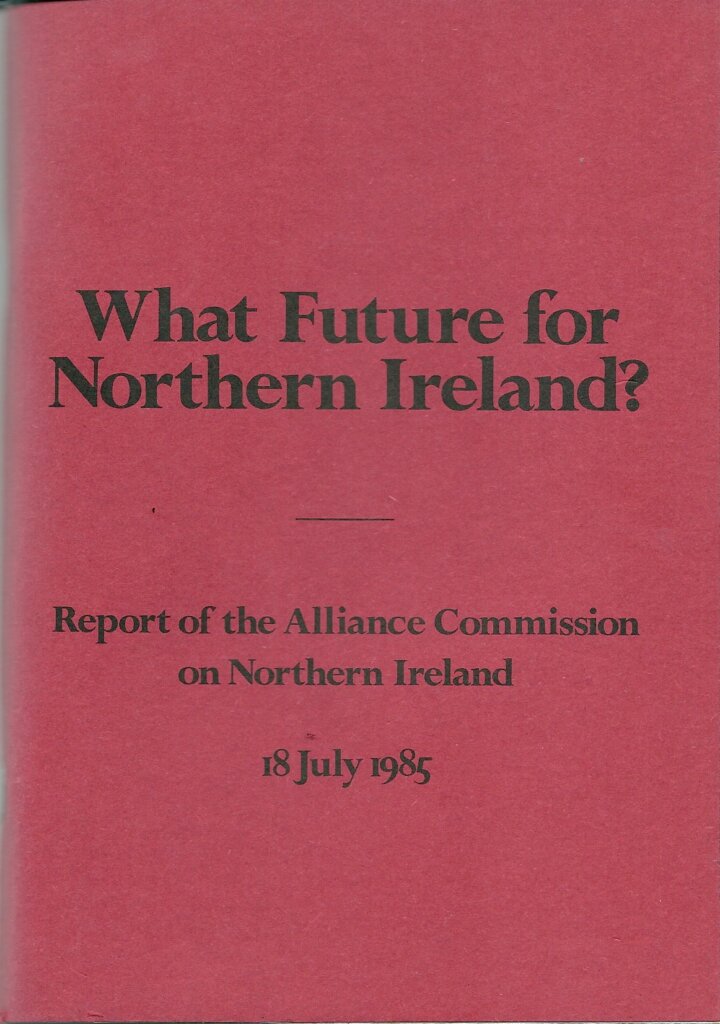
We recommended devolved power sharing in the north, equality of respect for both the Nationalist and Unionist traditions, and radical reform of institutions which had discriminated or failed to challenge bigotry and prejudice. With 3000 dead and 25,000 injured as a consequence of “the troubles” the Report was as timely as it was prescient (and should be re-read by those who today are indifferent to current events in Northern Ireland).
After I left the Commons and took a chair at one of Liverpool’s universities, and inaugurated a public Lecture series, Shirley Williams was one of the first people I invited to give a Roscoe Lecture.
At the Liverpool Bluecoat she captivated the audience as, without notes, for the best part of an hour, she gave a magnificent critique of what it meant to be a participating citizen in a vibrant democratic society. It was vintage Shirley Williams – as she used her powerful intellect to deliver a beautifully constructed lecture, and then to generously give of her time to engage with the audience.
Shirley Williams was from a generation which respected conscience – but she also expected others to respect her conscience.
She was consistent in her life-long opposition to abortion, human embryo experimentation, human cloning, and euthanasia. She was one of the two women MPs who voted against the 1967 Abortion Act. She hated the commercialisation of human reproduction and once said ”No test tube can breed love and affection. No frozen packet of semen ever read a story to a sleepy child.”
Significantly, in what now seems like a different political world, the Labour Party, the SDP, and the Alliance, all made a virtue of saying that even though a majority might disagree with her views on these ethical issues, they were proud to have her as a member; that she was entitled to hold the views which she held.
In that more tolerant time, assaults on free speech, academic freedom, and no platforming would all have been unthinkable.
In the Lords, Shirley spoke powerfully on a wide range of issues – never wavering in her belief in internationalism and multilateral institutions.
She knew that free nations had to have credible defence policies and that armed forces might have to be deployed to defend our liberties but she also knew that going to war represented a terrible failure – how could the daughter of Vera Brittain think otherwise?
Shirley Williams gave politics a good name and all of us who knew her will greatly miss her wonderful spirit. A rising generation, interested in politics, should carefully reflect on her life, times and ideas.
She once said “ There are hazards in everything one does, but there are greater hazards in doing nothing.” Not an accusation which could ever be levelled at her.
